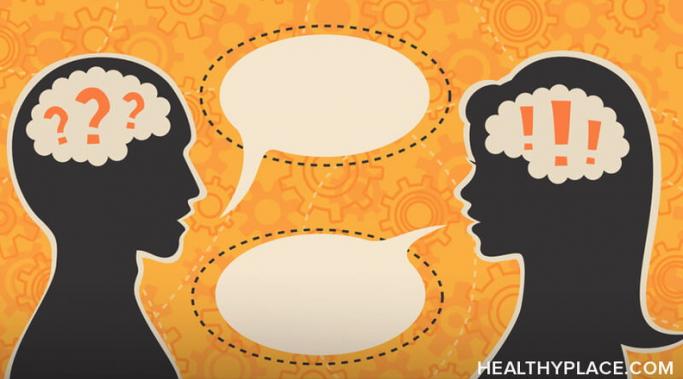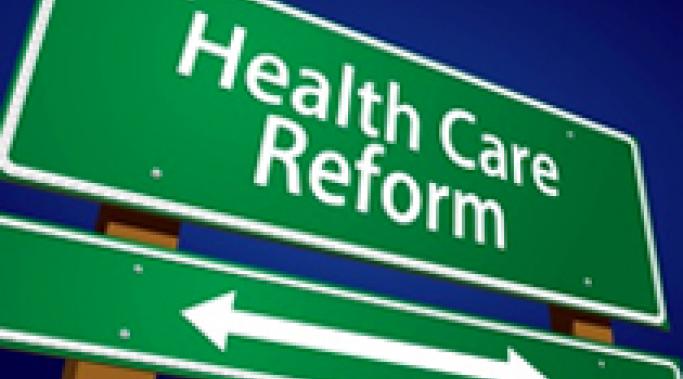Blogs
I don’t think euphoria in bipolar hypomania feels like extreme happiness. I use the word “euphoria,” which does mean “extreme happiness” but the word only partially fits my experience (Bipolar Mania and the Impact of Manic Symptoms). “Euphoria” is what doctors call one of the “gateway criteria” for bipolar hypomania or mania (one of the main characteristics) so many people with bipolar disorder experience. And sometimes I do experience something like euphoria in bipolar hypomania but bipolar hypomania euphoria just doesn’t feel like its real definition to me.
When the pain is at its worst, it feels like bipolar and hypersensitivity go hand in hand. It’s like when you get the flu and every little touch hurts. That’s physical hypersensitivity. And I don’t know why I get it but I assume it’s part of the neuropathic pain or exaggerated pain that some with bipolar experience. Long story short, it hurts to even wash my hands because of my bipolar-caused hypersensitivity.
Anxiety and panic are complex mental health conditions that have a tremendous impact on our lives (Anxiety and Panic Attack Articles). Like most big things, anxiety and panic have their ABCs, their fundamental concepts that explain the essence of what they are. When young children first learn to read and write, they break down the task into the basic components of what they are about to tackle; they learn their ABCs. This approach is great for dealing with anxiety and panic, too. Armed with the ABCs of anxiety and panic, we can use what we know to tackle the problem.
With more than 1% of the population having dissociative identity disorder (DID), it's more likely than not that you know someone who has DID. He or she may be open about his or her diagnosis, or you may suspect the disorder even though he or she hasn't admitted it. So, what should you do if you think someone you know has DID?
When I first realized I had it, talking about depression did not seem like an option. It seemed like a dirty secret I needed to brush aside. I had been told not to cry so many times that I felt ashamed each time I did. Sometimes I still do (Depression Symptoms – Easy to Tear). Fortunately, I am learning to be open and talk about depression, which helps me get through tough times.
It's time to reform the mental healthcare system. It's been time for years. While the George W. Bush and Barack Obama administrations made great strides, all that progress could be lost under the new administration (Mental Health Care [In A Perfect World]). Already, Congress voted to reinstate pre-existing conditions (which prior to the Affordable Care Act many insurance agencies used to refuse to cover an individual with mental illness or refuse to cover mental healthcare). Congress also voted to prevent Medicare from negotiating with drug companies to lower prices. And legislation that would have lowered drug prices was shot down--you may have seen the meme naming which politician voted against it and how much money they've received from pharmaceutical companies. President-elect Donald Trump needs to take action and reform the mental healthcare system.
Mental health stigma can cause isolation and loneliness in those with mental illness (Mental Illness, Isolation, and Loneliness). No one with a mental health problem should isolate themselves due to mental health stigma because loneliness can lead to more severe problems, even suicide. The loneliness of isolation certainly causes personal grief and sadness for those dealing with mental health stigma.
Many people feel a let-down when the holidays are over, but when you have posttraumatic stress disorder (PTSD) and post-holiday depression hits, it can be especially hard. Depression and PTSD often go hand-in-hand and it's something that I am continually dealing with--even during the best of times. Now that the holidays and all their activities, stresses, and excitement are over, depression with my PTSD is popping up and I am doing my best to cope with it.
When people have wrong ideas about those who suffer from a mental health issue, moods and relationships can be affected by this mental health stigma (Misunderstandings Can Contribute to Mental Health Stigma). Moods are affected by mental health stigma because when you allow these false ideas to affect you, quite often you will have poor self-esteem, which can lead to other effects such as isolation. Isolation is one of the worst parts of mental illness and when you stay inside and shut yourself off from the world, the first thing to be affected is relationships which can then lead to or add to low moods.
As someone with bipolar disorder—and, really, as someone with a mental illness in general—Carrie Fisher meant a lot to me and other people with schizophrenia or schizoaffective disorder (Carrie Fisher and Manic Depression). I think I speak for many of us in the schizophrenic and schizoaffective community when I say she will be missed—an understatement to say the least. Here is what Carrie Fisher meant to me as a person with schizoaffective disorder.









